In the rapidly evolving landscape of digital healthcare, the ability to access your mental health records online stands as both a remarkable convenience and a vital aspect of comprehensive healthcare management. The synergy between mental health documentation and electronic health records empowers patients with streamlined access to their mental health history, treatment plans, and progress tracking. By familiarizing yourself with the process of obtaining these records online and recognizing their importance, you are equipped to take an informed and proactive stance in your personal health journey, ensuring you are always engaged with real-time data and insights concerning your mental well-being.
Introduction To Mental Health Electronic Records
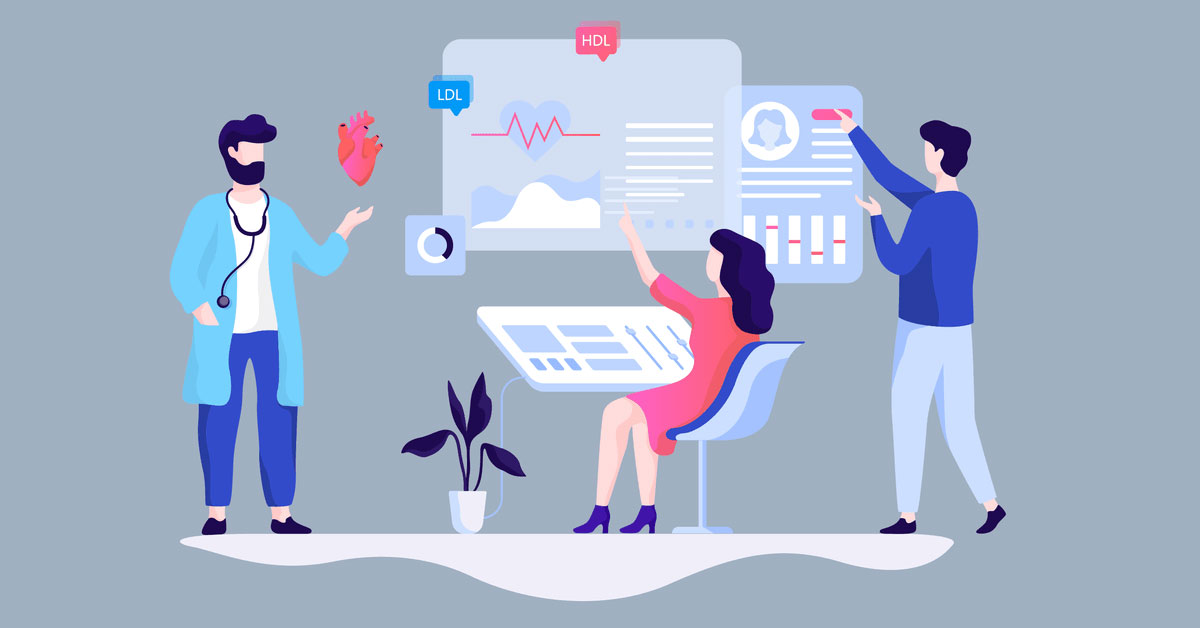
Understanding electronic health record systems for mental health is the first step towards accessing your mental health records online. These systems are designed to securely store and manage an individual's health information, making it easier for both patients and healthcare providers to access and update records. By digitizing this information, mental health electronic health records provide a seamless way to keep track of your medical history and ongoing treatment plans. This enhanced accessibility ensures that healthcare providers have real-time access to critical information, enabling more informed decisions regarding your care. For patients, it empowers them to take an active role in their treatment journey, facilitating better communication with healthcare professionals and encouraging adherence to treatment plans. Furthermore, the integration of advanced security measures ensures that sensitive information is protected against unauthorized access, promoting trust and confidentiality. As these systems continue to evolve, they hold the promise of more personalized mental health care, tailored specifically to individual needs and preferences, thereby enhancing the overall quality and effectiveness of mental health services..
Benefits Of Online Access To Mental Health Records

Furthermore, mental health electronic health records (EHRs) foster a collaborative environment where multidisciplinary teams can seamlessly share and update patient information, leading to more cohesive and informed care strategies. This integration helps in coordinating treatment plans across various specialists, ensuring that all healthcare providers are aligned in their approach. Moreover, mental health EHRs often come with built-in features like reminders for medication adherence and appointment scheduling, enhancing patient engagement and accountability. The data analytics capabilities of these systems also offer valuable insights into treatment outcomes and patient progress over time, enabling healthcare providers to make data-driven decisions to optimize therapeutic interventions. Overall, mental health EHRs represent a significant step forward in modernizing mental health care, enhancing both practitioner efficiency and patient satisfaction..
Steps To Obtain Mental Health Records Online

Once you've confirmed the availability of digital mental health records, the next step is to register or log into the healthcare provider's online portal. This typically requires creating an account if you haven't done so already, where you'll need to provide some basic personal information to verify your identity. In some cases, you may need to consent to electronic communications or specific terms of use. Once access is granted, you can navigate to the section of the portal dedicated to your health records. Here, you should find options to view, download, or even share your mental health records securely. It is also worthwhile checking if the portal offers any additional tools like appointment scheduling or direct messaging with healthcare professionals, which can enhance your overall experience and engagement with your mental health care..
Securing Your Online Health Records

After successfully verifying your identity, you gain access to a wealth of resources designed to empower you in managing your mental health journey. The portal's user-friendly interface allows you to easily schedule appointments, receive reminders, and communicate directly with your healthcare provider, ensuring that your concerns are addressed promptly. Additionally, the portal offers educational materials, personalized health tips, and tools for tracking your progress between appointments. These features foster a proactive approach to mental wellness, enabling you to take charge of your health by making informed decisions based on accurate and up-to-date information. Through seamless integration with other apps and devices, you can consolidate your health data, providing your healthcare team with a comprehensive view of your mental wellness, ultimately facilitating a more personalized and effective treatment plan..
Choosing A Secure Electronic Health Record System

When selecting mental health electronic medical records software, prioritizing security and ease of use is paramount for the well-being of both practitioners and patients. Reliable systems integrate robust encryption technologies, ensuring sensitive patient data remains safe from unauthorized access. To enhance security further, users should be encouraged to create strong, unique passwords and to enable two-factor authentication, offering an additional layer of protection. User-friendly interfaces simplify navigation and streamline workflows, allowing healthcare providers to focus more on patient care rather than technical hurdles. By investing in a secure and intuitive system, mental health professionals can foster trust and maintain confidentiality while efficiently managing their practice's needs..
Understanding Your Mental Health Records
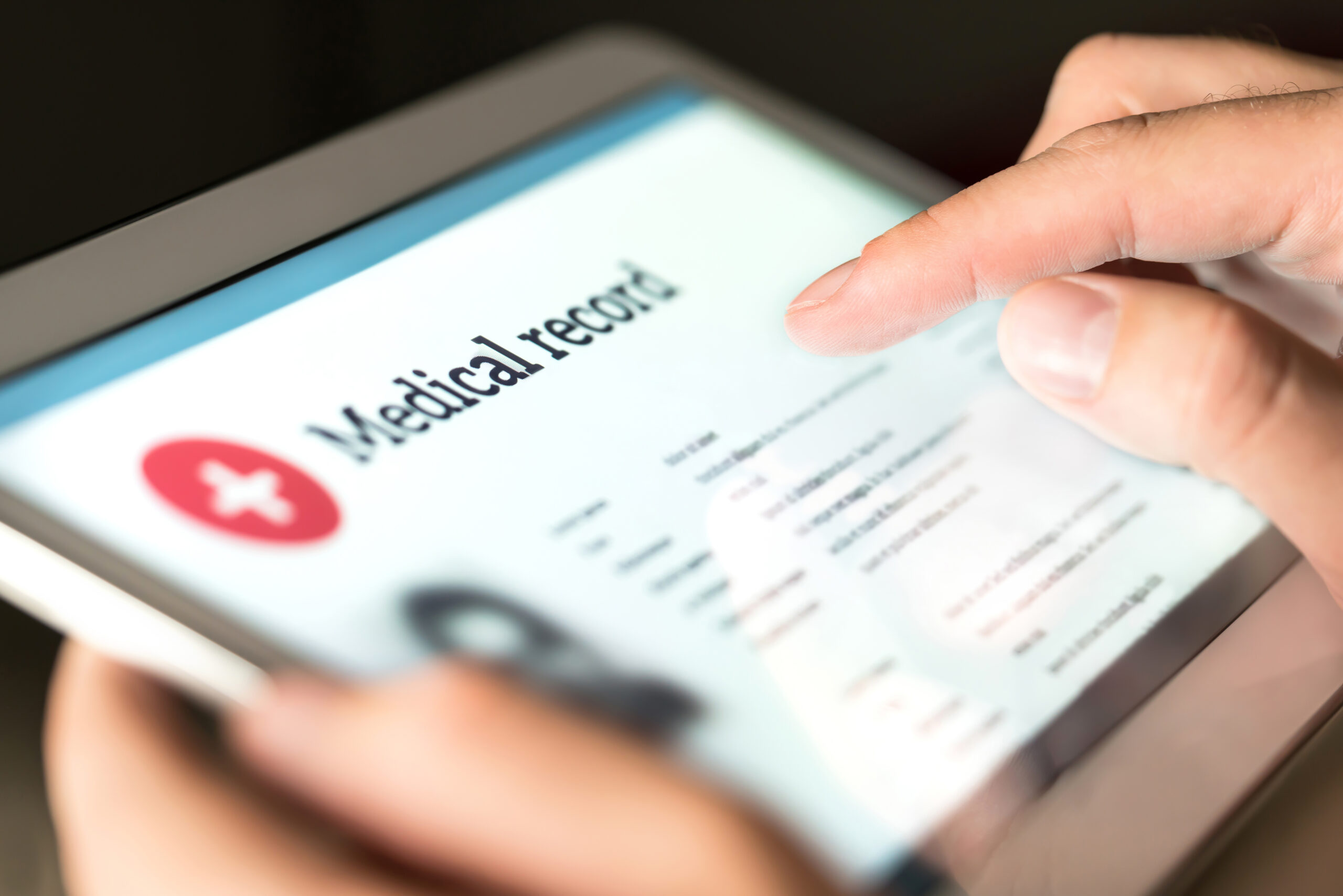
Moreover, understanding your mental health records empowers you to be an active participant in your treatment journey. It enables you to identify any discrepancies or outdated information that could affect your care. Having access to accurate records enhances communication with your healthcare providers, allowing for more informed discussions and decision-making. This transparency can lead to a more tailored treatment plan, ultimately improving your mental health outcomes. Remember, being informed about your health is a critical step towards advocating for yourself and ensuring you receive the most effective care possible..
Enhancing Communication With Healthcare Providers
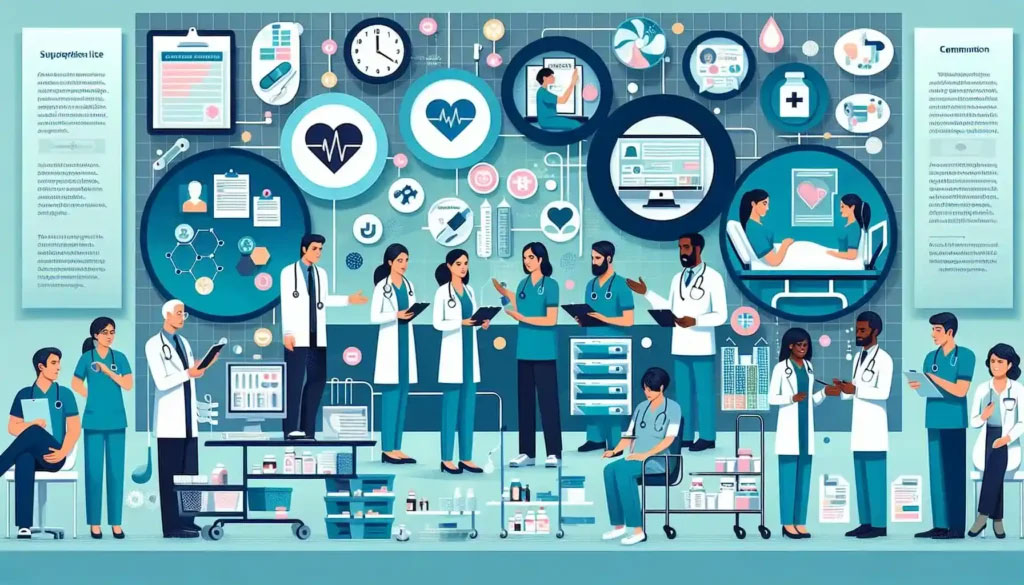
Online access to mental health electronic health records not only fosters better communication between you and your healthcare providers but also empowers you to take a more active role in your treatment journey. By facilitating an ongoing dialogue, this access enables your healthcare team to continuously refine and personalize your treatment plan to better meet your evolving needs. In critical situations such as emergencies or transitions between providers, the immediate availability of your comprehensive health information can be crucial, ensuring that you receive timely and informed care that aligns with your history and preferences. This seamless access to your mental health records supports a more connected and responsive healthcare experience, ultimately contributing to improved outcomes and a greater sense of empowerment in managing your mental health..
Empowering Self-Management In Mental Health
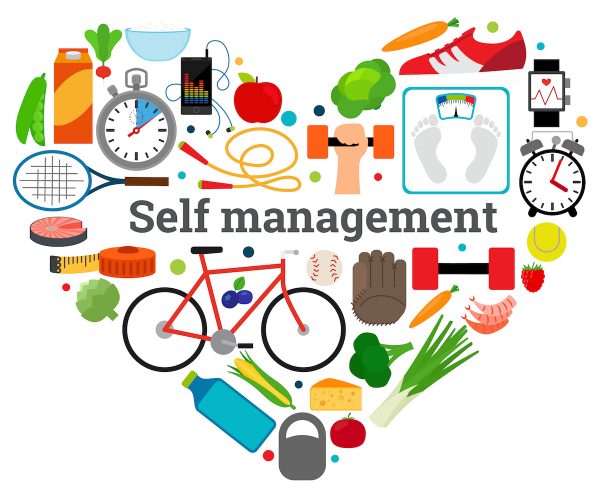
In today’s digital age, the empowerment of individuals to oversee their mental well-being has never been more accessible or essential. With the rise of electronic health record (EHR) systems, people have a powerful tool at their fingertips to manage and monitor their mental health. These digital platforms offer a consolidated view of one's health history, making it easier to identify patterns, track progress, and measure the effectiveness of various treatments over time. Moreover, EHRs facilitate seamless communication between patients and healthcare providers, enabling more personalized and timely interventions. The accessibility and efficiency of these digital tools not only enhance self-management but also foster a proactive approach to mental health, allowing individuals to make informed decisions about their care and well-being with unprecedented ease and confidence..
The Future Of Mental Health Records Access
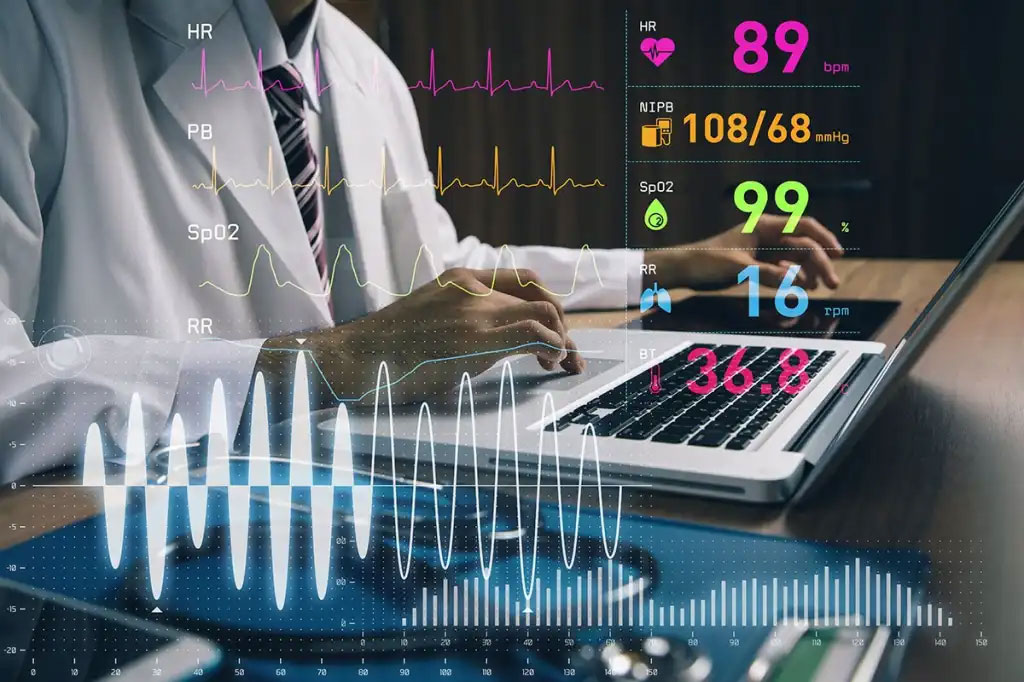
As technology continues to evolve, the landscape of mental health care is changing. The integration of mental health and electronic health records paves the way for more personalized and accessible care. Embracing this shift means better management of your health, ensuring continuity of care across different healthcare platforms and providers. Digital tools and telehealth services are increasingly becoming a part of standard care, offering flexibility and immediate support to those who need it. With these advancements, mental health professionals can tailor treatment plans based on comprehensive data analysis, leading to more effective interventions. Meanwhile, patients benefit from a seamless healthcare experience, with the ability to access their records and communicate with providers at the click of a button. This digital transformation also opens up possibilities for predictive analytics, where potential mental health challenges can be anticipated and addressed proactively. In this new era, both patients and practitioners are empowered to take a more proactive and informed approach to mental health care, ultimately fostering a system that is both efficient and empathetic..
In summary, embracing the digital accessibility of your mental health records equips you with the knowledge and tools necessary to take charge of your mental well-being proactively. By using electronic health record systems, you foster a collaborative relationship with your healthcare providers, paving the way for more personalized and effective treatment plans. This proactive engagement not only strengthens your understanding and management of your mental health but also empowers you to make informed decisions that can lead to better health outcomes. As we continue to advance in the digital age, staying informed and active in managing your mental health is not just beneficial—it's essential for ensuring you receive the best possible care tailored to your unique needs.


